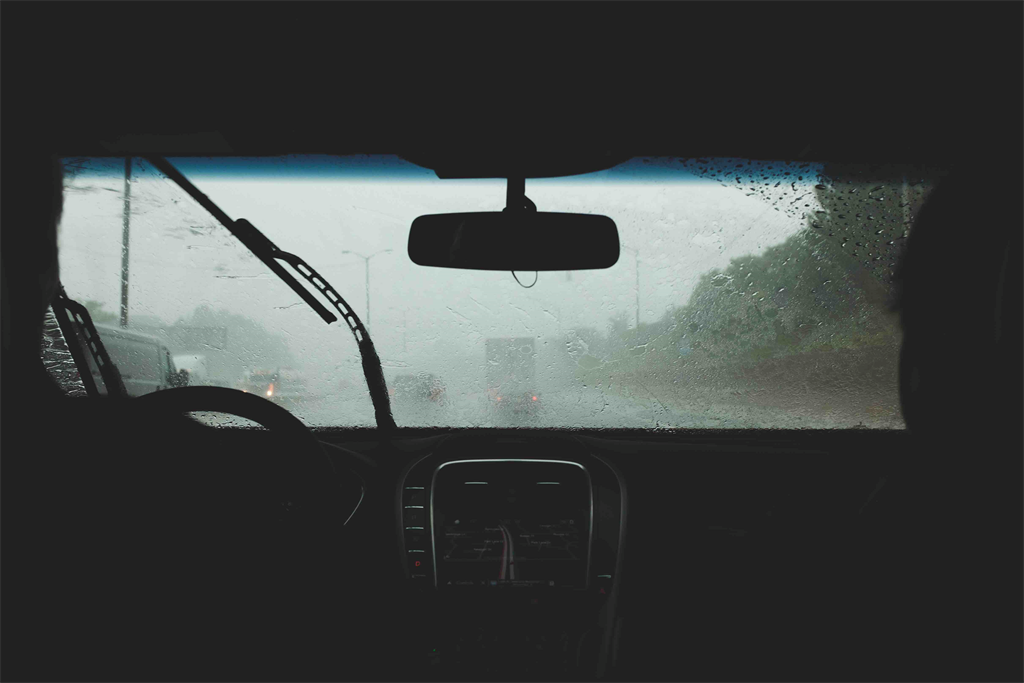Wet Roads Still a Safety Concern for Seattle Drivers
Posted Friday, June 28, 2019 by Chris Thayer
 The wettest part of the year might be over in Seattle, but that does not mean wet roads do not still pose a threat to Seattle drivers. If you have lived in the Pacific Northwest, you know that wet roads are practically a way of life and a very common thing for drivers to experience. You have probably even heard people talking about the rainy season and what a relief it is for it to be over. However, a new study reported in the Seattle Times details the dangers that driving on even mildly wet roads poses. Just because the wettest part of the year has passed does not mean that the dangers of driving on wet roads is automatically eliminated.
The wettest part of the year might be over in Seattle, but that does not mean wet roads do not still pose a threat to Seattle drivers. If you have lived in the Pacific Northwest, you know that wet roads are practically a way of life and a very common thing for drivers to experience. You have probably even heard people talking about the rainy season and what a relief it is for it to be over. However, a new study reported in the Seattle Times details the dangers that driving on even mildly wet roads poses. Just because the wettest part of the year has passed does not mean that the dangers of driving on wet roads is automatically eliminated.
The Bulletin of the American Meteorological Society has found that a light drizzle increases the chance of a driver being involved in a fatal car accident be 27%. In comparison, wetter roads, combined with ice and snow, increase the chance of a fatal car accident by 34%. You would think the wetter roads would be a more significant danger, but slightly wet roads are nearly just as dangerous as very wet roads.
There are many difficulties and hazards that drivers might face when driving on a wet road. These hazards include:
- Low Visibility: When there is any rain falling, even just a slight drizzle, your ability to see the road might be impacted. Working lights and windshield wipers are necessary for you to navigate through the rain and to make you visible to other drivers around you.
- Decreased Traction: Water on the road reduces the traction tires have on the road. Reduced traction means that cars will slide around more on the road. Additionally, rain can release the oil that builds up from cars on the road and create a type of grease. Greasy roadways are also dangerous.
- Standing Water: Water does not always drain right away. Sometimes, standing water accumulates that increases the chance of cars hydroplaning. Hydroplaning can be extremely dangerous. Avoid driving in places where you know water is likely to accumulate. If you find yourself hydroplaning, try to keep the wheel steady and take your foot off of the gas pedal. Do not abruptly brake or swerve.
When driving, it is important to be as safe as possible. Avoiding cruise control in wet conditions is always a good idea because wet roadways might require different speeds at different times. Additionally, taking things slow, not rushing, and knowing how to deal with hydroplaning or skidding can save your life.
While many drivers employ safety tactics to avoid accidents, it is not always enough to keep you from being involved in a car accident. You cannot control the actions of other drivers, and as a result, you might be injured no matter the weather. The personal injury attorneys at Pivotal Law Group are here for you in these situations. We work hard to help you receive the damages you are due after being injured in a car accident. Contact us today for a consultation.
(image courtesy of Charlie Deets)
